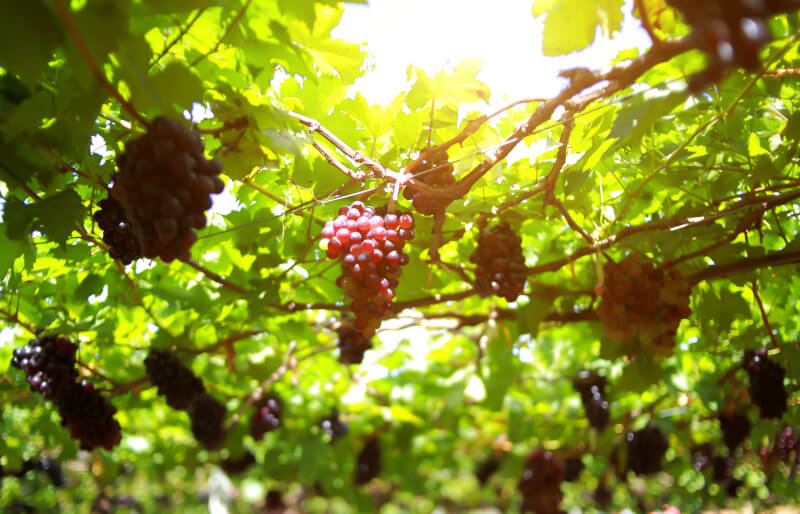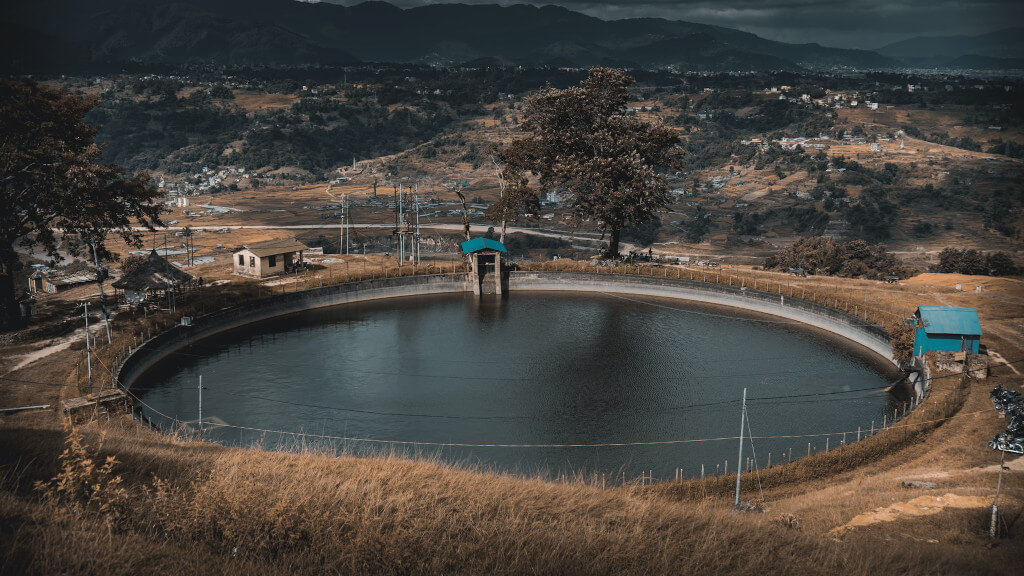Middelburg Vineyards has become a symbol of inclusive innovation in South Africa’s booming agricultural economy. Van Loveren, Mzala Wines, and FNB, one of South Africa’s leading financial institutions, have joined forces to create a groundbreaking venture that is changing the face of agricultural entrepreneurship. Middelburg Vineyards is driving transformation, creating wealth, and offering chances for future generations by integrating blended financing, equity ownership, mentorship, and talent transfer.
Farming Requiring Substantial Investment Meets Universal Funding
To be successful, farmers need access to a lot of resources, including land, water, knowledge, and money. It usually takes a long time (perhaps decades) for agricultural efforts to bear fruit. So, new farming projects are not for the weak of heart or the impatient.
Even more challenging are the obstacles faced by black farmers operating on a smaller scale in South Africa. According to research conducted by Wandile Sihlobo and Mzukisi Qobo of Wits University in 2021, only 5- 10% of South Africa’s commercial agricultural output comes from black farmers.
Here comes Middelburg Vineyards, an exciting new business that has been in the works for almost a decade. Middelburg Vineyards, a product of the partnership between FNB and Van Loveren Vineyards, provides a fresh approach to overcoming these conventional difficulties.
The Way Forward to Change and Value Production

An 832-hectare area of untouched Karoo bushveld was discovered by Van Loveren in the area around Robertson in 2011. Securing the water rights required a lengthy seven-year procedure, during which an empowerment partnership was formed to commercialise the land and initiate change.
Today, Mzala Wines, an empowerment structure made up of Van Loveren employees, has 30% of the stock in the co-owned Middelburg Vineyards and has two board seats.
FNB’s commercial debt and grant support have been crucial to the success of this game-changing endeavour. Phillip Retief, CEO of Van Loveren Vineyards, has nothing but appreciation for FNB’s assistance: “FNB’s foresight and commitment allowed a greenfield project, which was highly capital intensive, to come to fruition much more quickly than it would have if it was fully financed.”
The Generational Impact and Material Worth
The first estimate of the land’s worth was R6 million. The land is currently valued at over R117 million after having vineyards, cherries, almonds, and citrus planted upon it and necessary agricultural infrastructure having been built upon it. Previously unproductive land has been transformed into a valuable asset because of these developments. Past initiatives by Van Loveren, including De Goree and Olyfberg, demonstrate their ability to initiate social and economic development.
New Hope for Farmland Investment
Alignment with sustainability issues, such as climate risk, as well as improved data management, mapping, and project development are becoming increasingly important as the project progresses.
According to Gert Breet, the Head of Business Development at FNB Agribusiness, “The model is a testament to what can be achieved if you partner, collaborate, and think outside the box a bit.”
Mzala’s shareholders will be able to diversify and seek other options once Middelburg Vineyards begins to show a commercial return, Retief explains. This concept holds promising prospects for fostering widespread empowerment and intergenerational prosperity. Middelburg Vineyards’ rising fortunes are an encouraging sign of a prosperous new age for the agricultural sector. The project is a symbol of what can be accomplished when people work together, think outside the box, and are dedicated to opening up doors to prosperity and change for future generations.
About The Author:
Zandile Mthembu is an agricultural innovations reporter. With a background in agricultural sciences and extensive travel throughout Africa, she brings the latest innovations in tech and sustainable practices to Africa Nova’s readers.




